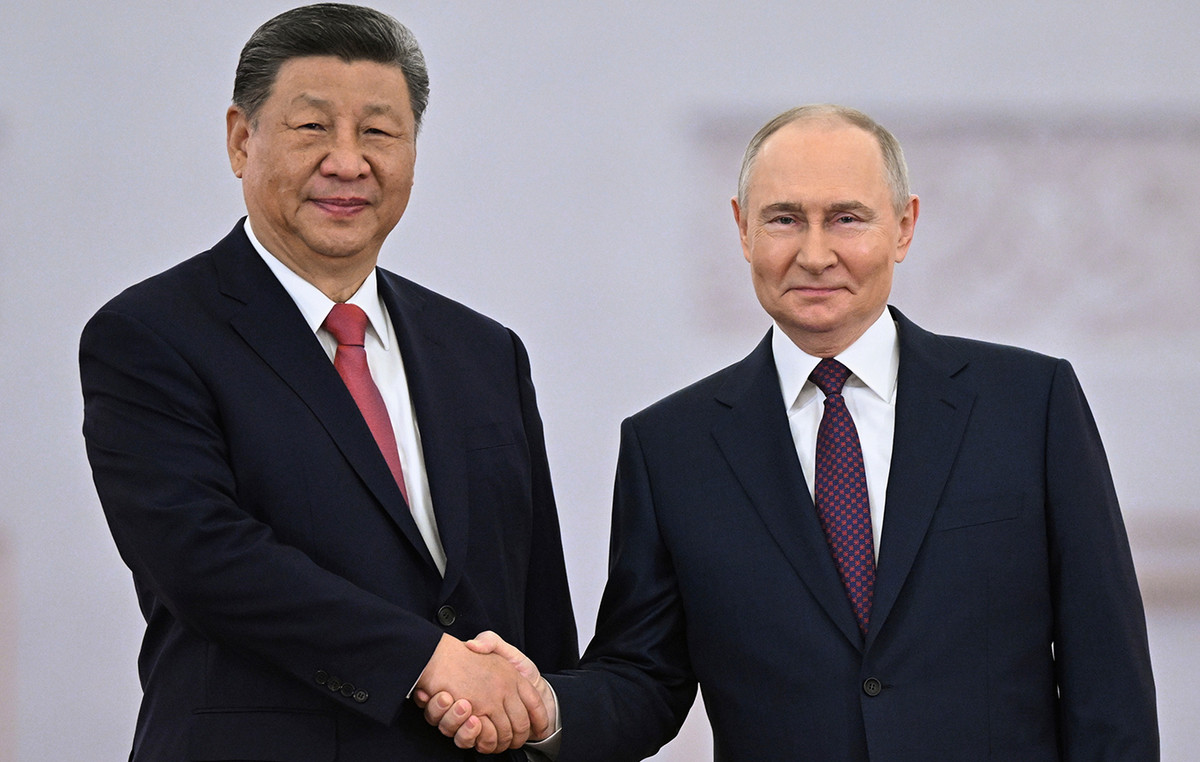- USD/CHF remains stable due to market caution amid growing uncertainty surrounding the results of the US elections.
- Improving US Treasury yields could have provided support to the US Dollar.
- The continued slowdown in Swiss inflation has increased the likelihood of a significant SNB rate cut in December.
USD/CHF remains firm after posting losses in the previous session, trading around 0.8640 during Asian hours on Tuesday. The US Dollar (USD) remains stable as traders adopt caution in the market amid growing uncertainty surrounding the US presidential election. Furthermore, improving US Treasury yields also provide support to the Dollar.
Opinion polls indicate that former President Donald Trump and Vice President Kamala Harris are almost tied. The result could remain unknown for several days after Tuesday’s vote. Both Trump and Harris expressed confidence in their chances as they campaigned in Pennsylvania on the frenetic final day of this exceptionally close presidential race.
The Dollar Index (DXY), which measures the value of the US Dollar against its six major peers, is trading around 103.90 with yields on the 2-year and 10-year US Treasury bonds standing at 4.16% and 4.29%, respectively, at time to write.
The Swiss Franc (CHF) could face difficulties as the likelihood of significant rate cuts by the Swiss National Bank (SNB) increases. This change is driven by a continued slowdown in inflation in Switzerland, evidenced by the Consumer Price Index (CPI), which decreased by 0.6% year-on-year in October. This CPI figure was notably below the SNB’s 1% inflation forecast for the fourth quarter, raising the chances that the SNB will implement a more substantial rate cut in December to keep inflation within its target range of 0. -2%.
Swiss Franc FAQs
The Swiss Franc (CHF) is the official currency of Switzerland. It is among the ten most traded currencies globally, reaching volumes that far exceed the size of the Swiss economy. Its value is determined by general market sentiment, the economic health of the country or measures taken by the Swiss National Bank (SNB), among other factors. Between 2011 and 2015, the Swiss Franc was pegged to the Euro (EUR). The peg was abruptly removed, resulting in a more than 20% increase in the value of the franc, causing turbulence in the markets. Although the peg is no longer in force, the fortunes of the Swiss franc tend to be highly correlated with that of the euro due to the Swiss economy’s high dependence on the neighboring eurozone.
The Swiss Franc (CHF) is considered a safe haven asset, or a currency that investors tend to buy during times of market stress. This is due to the perception of Switzerland in the world: a stable economy, a strong export sector, large central bank reserves or a long-standing political stance towards neutrality in global conflicts make the country’s currency a good option for investors who shy away from risks. Turbulent times are likely to strengthen the value of CHF against other currencies that are considered riskier to invest in.
The Swiss National Bank (SNB) meets four times a year (once a quarter, less than other major central banks) to decide on monetary policy. The bank aims for an annual inflation rate of less than 2%. When inflation exceeds the target or is expected to exceed it in the foreseeable future, the bank will attempt to control price growth by raising its reference rate. Higher interest rates are usually positive for the Swiss Franc (CHF) as they lead to higher yields, making the country a more attractive place for investors. On the contrary, lower interest rates tend to weaken the CHF.
Macroeconomic data published in Switzerland is essential to assess the state of the economy and can affect the valuation of the Swiss Franc (CHF). The Swiss economy is broadly stable, but any sudden changes in economic growth, inflation, current account or central bank foreign exchange reserves have the potential to trigger moves in the CHF. In general, high economic growth, low unemployment and high confidence are good for the CHF. Conversely, if economic data points to weakening momentum, the CHF is likely to depreciate.
As a small, open economy, Switzerland relies heavily on the health of neighboring Eurozone economies. The European Union as a whole is Switzerland’s main economic partner and a key political ally, so the stability of macroeconomic and monetary policy in the eurozone is essential for Switzerland and, therefore, for the Swiss Franc (CHF). With such dependence, some models suggest that the correlation between the fortunes of the Euro (EUR) and the Swiss Franc is greater than 90%, or almost perfect.
Source: Fx Street
I am Joshua Winder, a senior-level journalist and editor at World Stock Market. I specialize in covering news related to the stock market and economic trends. With more than 8 years of experience in this field, I have become an expert in financial reporting.







